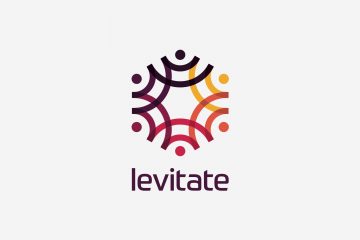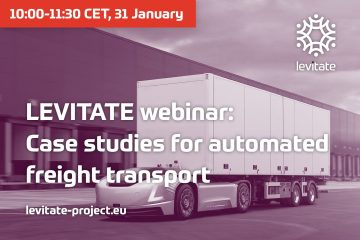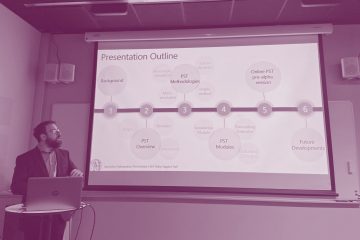Last week, LEVITATE’s Final Conference took place at the heart of the European Union, at the Scotland House in Brussels, located opposite the European Commission. The hybrid conference was an opportunity for the project’s partners to share with the wider public the result of three years of work.
The day was structured in four parts.
First, the day was opened by Georgios Sarros, a Project Manager at CINEA, who placed LEVITATE within the wider landscape and opportunities of Connected, Cooperative and Automated Mobility (CCAM) within the European Union. Then, the project’s consortium presented the Building Blocks of the LEVITATE impact assessment framework, including how the studied impacts were determined, the processes of defining the selected use cases, selecting the policy interventions, and conducting the cost-benefit analysis.
Once the overarching methodology was set, the third part of the day started: the Key Results. The short, medium and long-term impacts of the project’s use cases – urban freight, urban transport, and passenger cars – and specific case studies were explained. Finally, a hands-on presentation of the Policy Support Tool occurred where delegates could test the tool in teams following demonstrations. The conference was closed with presentations on the Policy Implications of CCAM, particularly in the cities of Vienna and Greater Manchester, which played a central role in LEVITATE.
The slides of the LEVITATE Final Conference are available below:
Part 1: Opening and Building Blocks
Part 2: Key Results and Policy Perspective
Part 3: PST Tool and Closing Section
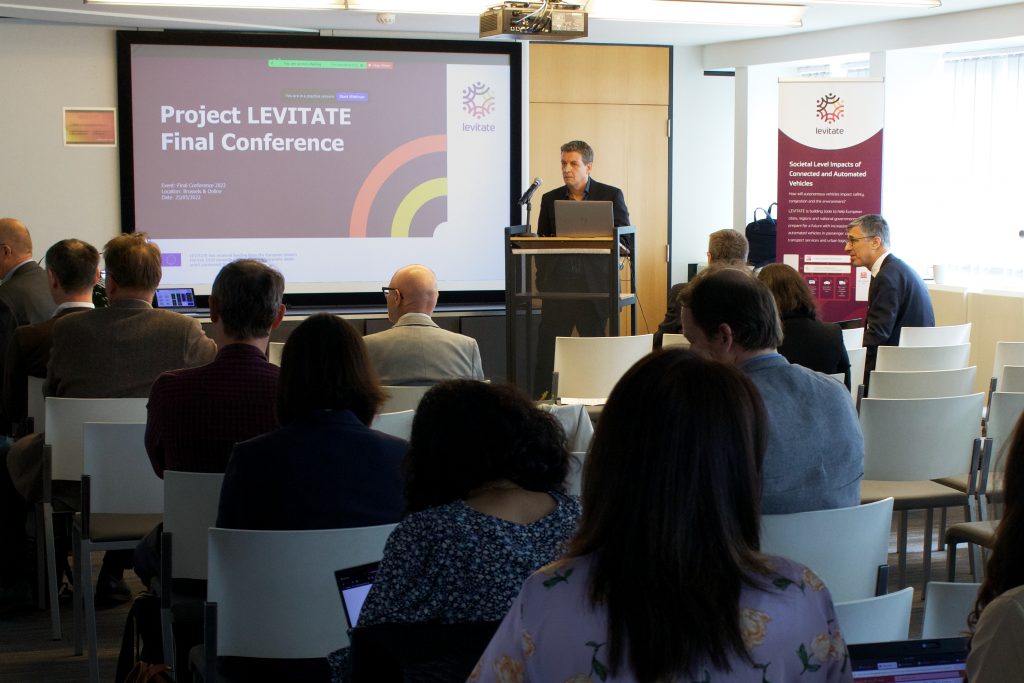
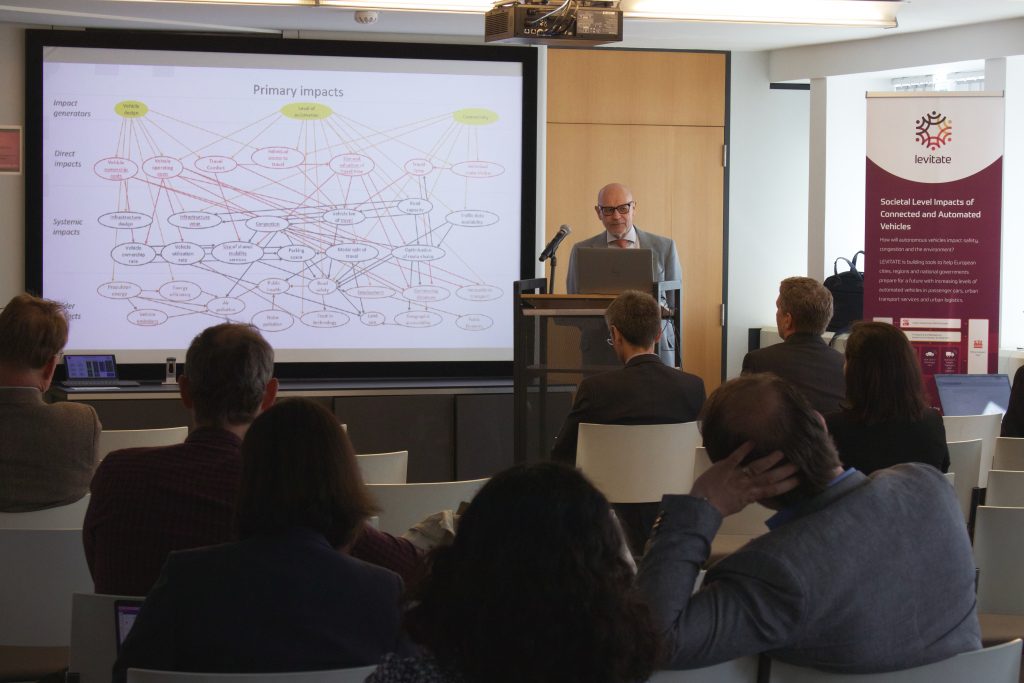


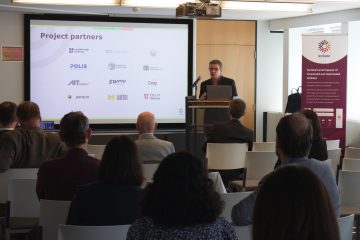
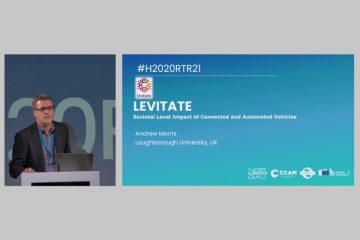
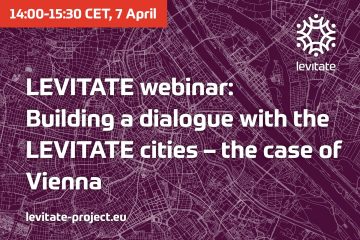
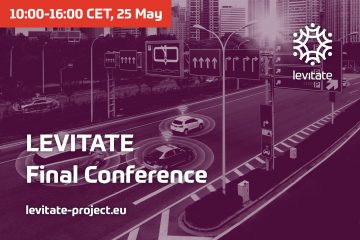
 After 3 years of intensive work, the LEVITATE partners are looking forward to sharing the results achieved and the tools developed to assess the potential societal impacts of connected and automated vehicles (CAVs) on the mobility system and wider livability goals, including safety, the environment, the economy and society.
After 3 years of intensive work, the LEVITATE partners are looking forward to sharing the results achieved and the tools developed to assess the potential societal impacts of connected and automated vehicles (CAVs) on the mobility system and wider livability goals, including safety, the environment, the economy and society.
